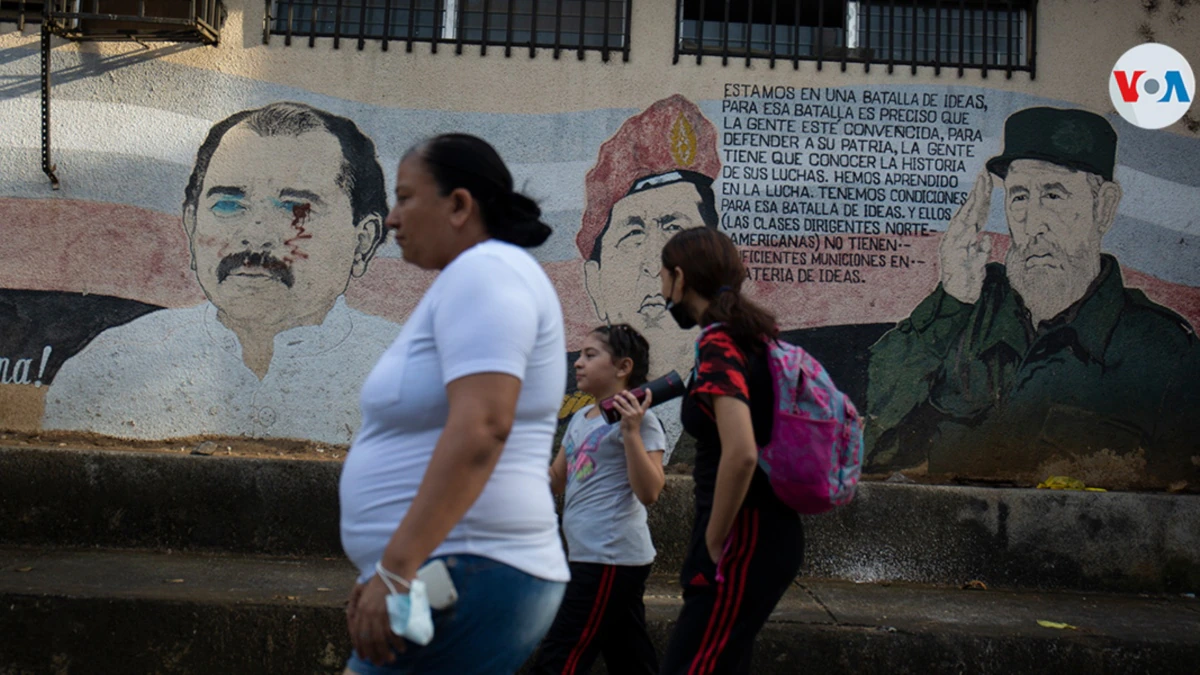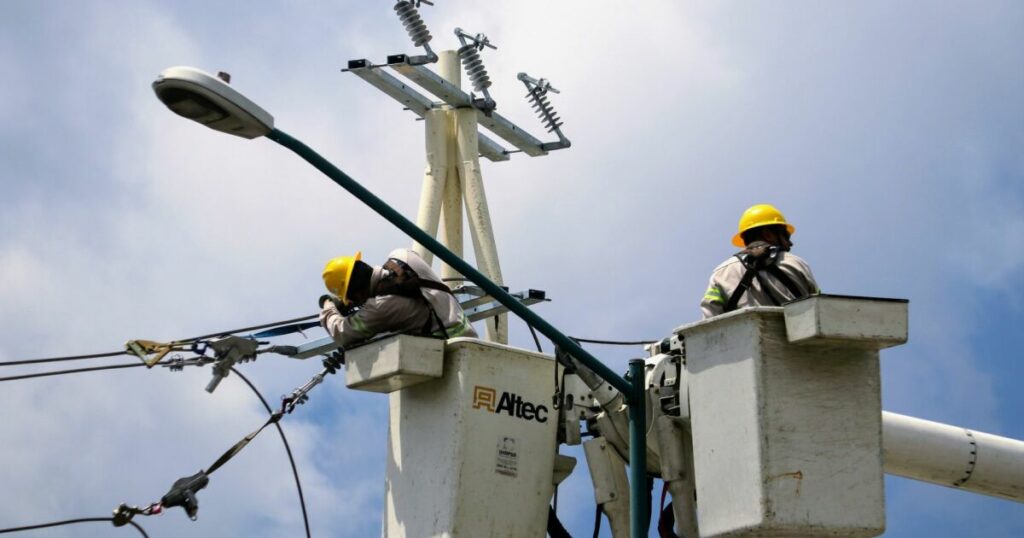Amid warnings from the United States about curbing Nicaraguan exports, the Sandinista administration of Daniel Ortega recently announced that it will begin negotiating a Free Trade Agreement with its new ally, China.
The head of the Ministry of Development, Industry and Commerce (Mific), Jesús Bermúdez, told the official media that they will hold meetings with the corresponding delegations to determine the guidelines of the negotiations and their scope at the end of this month.
The measure, according to experts, seeks to replace the US as a trading partner, a country critical of President Ortega, who has been in power for more than fifteen consecutive years and is currently Managua’s main trading partner.
The free trade agreement between Nicaragua and the United States entered into force in 2006 and since then the Central American country has exported more than a billion dollars in goods and services to Washington, according to figures provided by the Bureau of Economic Analysis of the US Department of Commerce (BEA).
This rate of growth has been maintained over time. The head of the Mific in Nicaragua recognized that during the first seven months of the year, exports registered a year-on-year increase of 17.5%.
The United States led the destination of exports during this period of time, with 51.8%, followed by Central America, with 19.7% and later Mexico, with 12.3%.
The main products exported by Nicaragua from January to July were textiles; followed by precious metals, such as gold, coffee and beef.
A White House source recently told the voice of america than the United States is considering curbing imports of Nicaraguan products as a measure of pressure on the government of Daniel Ortega.
With this, the US would seek to block some of the most important items that Nicaragua exports to the United States through the CAFTA-DR Free Trade Agreement.
How viable is it?
According to economists consulted by the VOAManagua’s intention is to replace the United States with China in terms of trade, although they indicate that “it is not feasible due to the geographical distance that separates both countries.”
“The closeness that the United States has with Nicaragua, that makes it competitive; from Nicaragua to China, of course, it is something ridiculous at the cost level,” Costa Rican economist Daniel Suchar told the VOA.
Likewise, he indicated that China continues to be a sugar producing country, for example, which is one of the products that Managua exports. “What are they going to buy that for? If he buys it, it is simply to help him ideologically or geopolitically, not for a consumer issue,” questioned the economist.
“Costa Rica has been in a relationship with China for fifteen years and here the issue has simply been more geopolitical than commercial. What’s more, here the brewery tried to place some beers inside Shanghai and could not do so because it was too expensive,” he stressed.
Connect with the Voice of America! Subscribe to our channel Youtube and turn on notifications, or follow us on social media: Facebook, Twitter and Instagram.

















